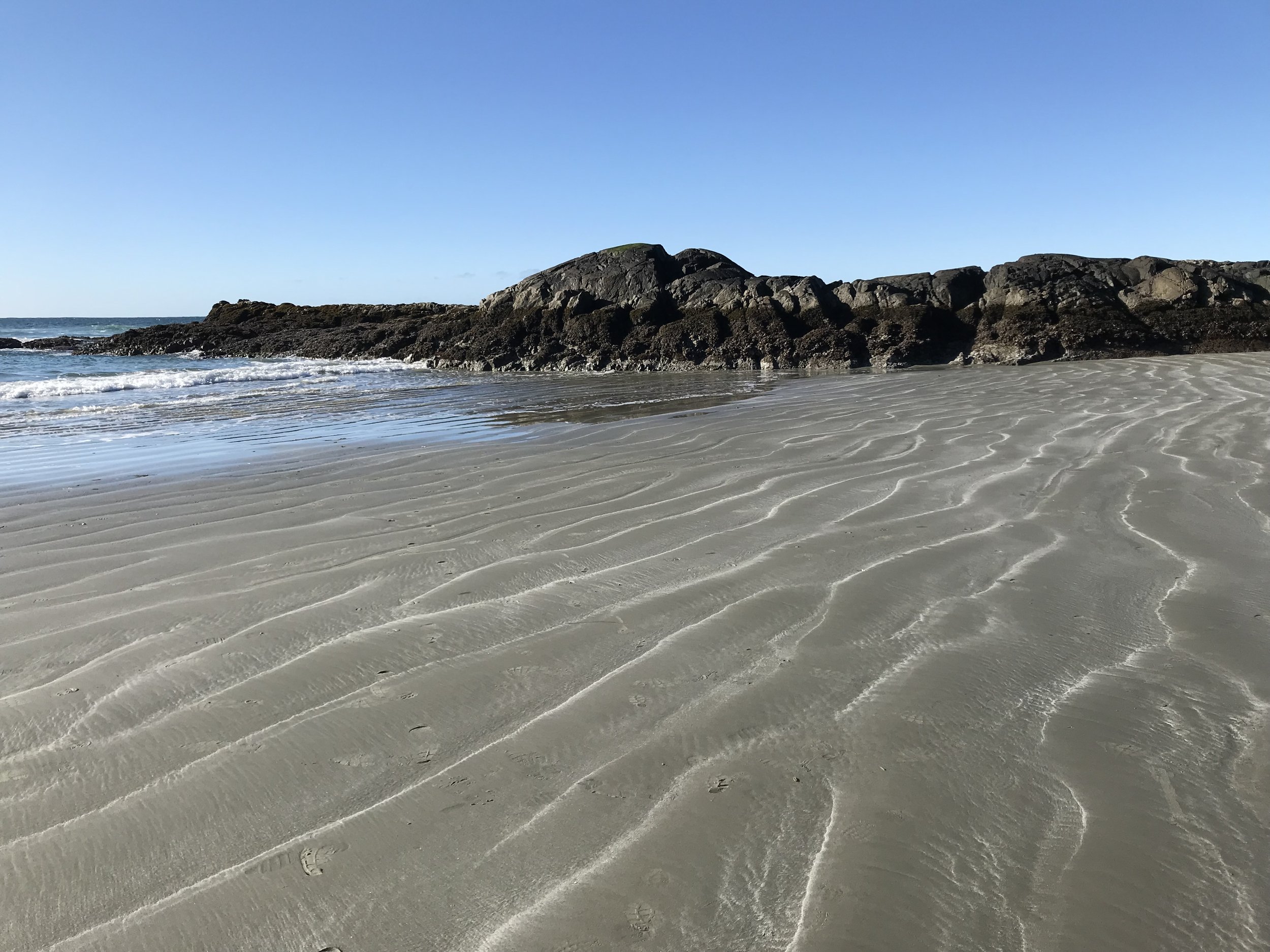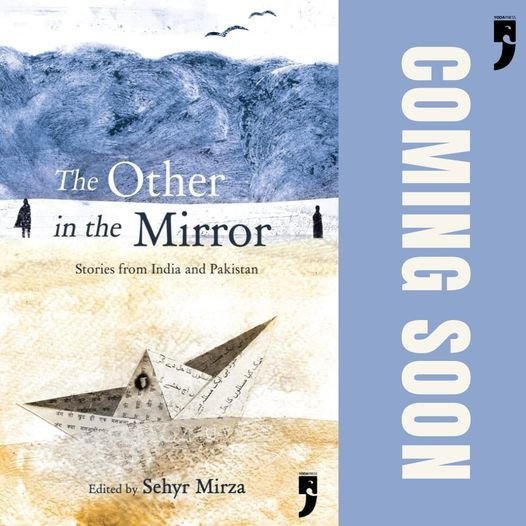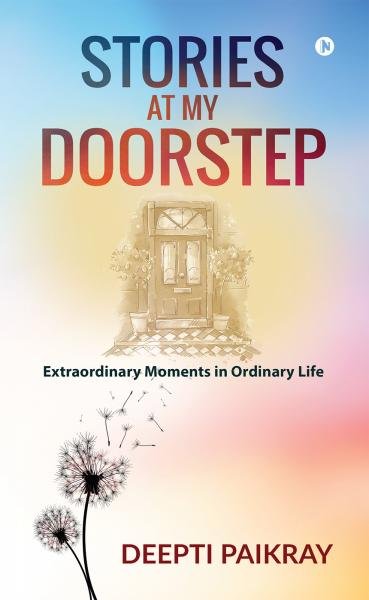
Writing With a Broken Tusk
Writing With a Broken Tusk began in 2006 as a blog about overlapping geographies, personal and real-world, and writing books for children. The blog name refers to the mythical pact made between the poet Vyaasa and the Hindu elephant headed god Ganesha who was his scribe during the composition of the Mahabharata. It also refers to my second published book, edited by the generous and brilliant Diantha Thorpe of Linnet Books/The Shoe String Press, published in 1996, acquired and republished by August House and still miraculously in print.
Since March, writer and former student Jen Breach has helped me manage guest posts and Process Talk pieces on this blog. They have lined up and conducted author/illustrator interviews and invited and coordinated guest posts. That support has helped me get through weeks when I’ve been in edit-copyedit-proofing mode, and it’s also introduced me to writers and books I might not have found otherwise. Our overlapping interests have led to posts for which I might not have had the time or attention-span. It’s the beauty of shared circles.


What Makes Us Who We Are? The Ugly Little Boy by Isaac Asimov
Isaac Asimov’s short story, “The Ugly Little Boy,” was one of his own favorites, a tale of a nurse and the little Neanderthal child she’s been hired to care for. In Asimov’s words:
…I have received letters from people who say that they cried when they read the last part of the story, and I always answer and say well I'm glad they did because I cried when I wrote it and in fact I cried when I just read it, so I guess it means something to me.
I read “The Ugly Little Boy” not in its first appearance in Galaxy magazine under title “Lastborn” but in the Nine Tomorrows collection. The Neanderthal child has been brought via time travel to a specially constructed lab to be studied.

Setting: Interior Landscapes
There are interior landscapes among us badly in need of just the kind of rewilding that ecologists are calling for in the real world. It’s worth remembering that the Indian subcontinent, like the planet itself, is shared space.
A couple of years ago, right around the first uneasy rumbles of the Covid pandemic, I received a request for a short story from Sehyr Mirza, a Pakistani creative writer and journalist who was planning to edit an anthology of short stories for young readers. Here is the ethereal jacket image now created by Priya Kuriyan for that anthology, The Other in the Mirror: Stories From India and Pakistan, coming soon from Yoda Press in India and Folio Books in Pakistan!

Small Perfectly Balanced Story Containers
For the last few months, because of the Picture Book Intensive, I’ve posted mainly about that small, perfectly balanced story container, its blend of images and words served up for the youngest of readers. The short story is another small container whose compactness calls for distilling the essence of a story.

The Right Ghost
A couple of weeks ago, I was tinkering with the ending chapters of a middle grade novel that has resided in my files for some time. I’ve read pages from it occasionally at VCFA residencies. But now I’m down to the last stretch of writing it, and I’m noticing something.
I tend to be picky about what I read at this stage of a draft. Something very different seems best, as if I ought to put a wall up between the reading and writing spaces in my mind.

Through an Anthropologist’s Fictional Lens
I don’t usually reprint content from other sites and I rarely go far from the thing I care most about, literature for children. But I found this short story in Sapiens oddly moving and poetic. I liked its use of language, the way it circles back on itself, creating oppositions (nobody knows and everybody knows) and the impact it delivers in the very last lines.

Imagine 2200: Cli-fi Short Story Contest
Environmental nonprofit news outlet Grist’s solutions lab, Fix, has launched a new climate-fiction short story contest. Imagine 2200 calls for stories (3,000–5,000 words) that envision the next 180 years of equitable climate progress.
